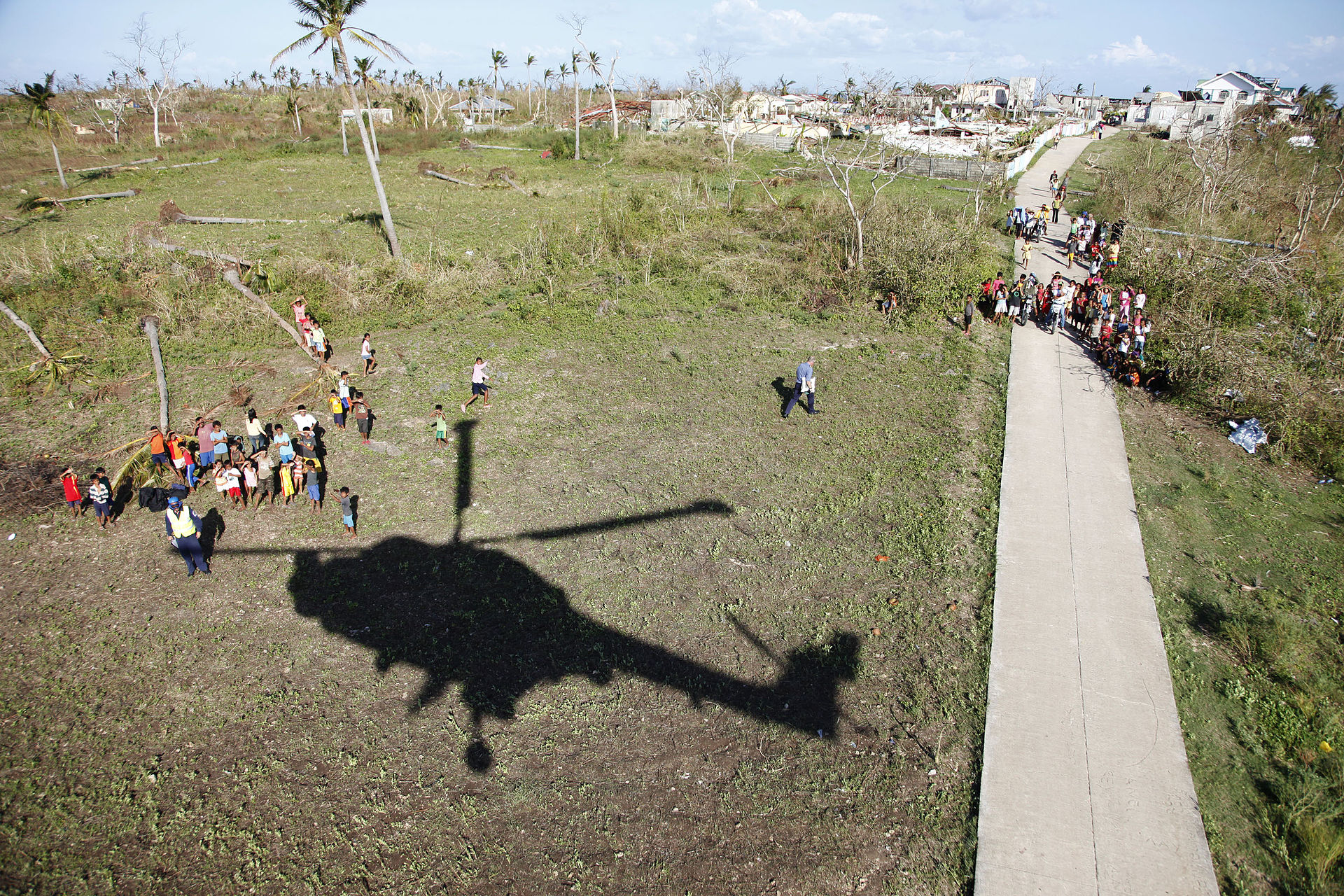Last month I was in the Bekaa valley – Lebanon’s agricultural heartland (the “Napa Valley” of the Middle East), now sadly synonymous with the exodus of families fleeing the chaos and war in Syria. Its slopes are lined with vineyards, while the flat valley bottom is dotted with the informal refugee settlements that house 35% of the 1.5 million Syrians that this tiny country has welcomed since 2012.
Less than ten miles from Syria, it is only a coincidence of geography that means it is Lebanon, rather than any other country, that is playing host to the families I met. One in four (25%) people now living in the country is a Syrian refugee, and understandably the country is starting to feel the strain of this population explosion at the bottom of its economic pyramid.
I am hugely proud that the UK is not leaving Lebanon to cope alone. This assistance isn’t only through humanitarian provision to meet the immediate needs of refugees – such as shelter and immediate support for those who have fled the bombings and Daesh terror, but also in strengthening the local infrastructure and services, such as health, education and water provision, to ensure that host communities are better equipped to cope. On my visit I was keen to see and understand how the Syrian refugee crisis is evolving, and the wider geopolitical situation it is a product of and now a contributor to. I also wanted to see how the UK Government’s aid is being targeted to help prevent suffering, further instability and the long term structural poverty and deprivation, which we know from experience in Palestine fuels radicalism, and how multiple aid agencies and governments organise a complex set of aid programmes.
Everything I saw echoed my experience of aid elsewhere around the world – as a trade envoy in the Philippines, as Life Sciences Minister responsible for our ODA health research and working and travelling in Africa in the 90s. I’ve written widely elsewhere about the need for a new post Brexit foreign policy based on aid, trade and security, and in Lebanon I saw a huge amount of potential for this approach.
British Aid is making a real difference. We visited UK Aid funded programmes operated by Save the Children, addressing humanitarian and development needs, both for those fleeing violence and those giving them a home. This included:
-
homes that have been made habitable for refugee families with young children thanks to DFID support
-
a refugee camp that has been prepared for the harsh winter ahead with repairs and fire precautions funded by DFID
-
a water pumping station that Save the Children and DFID have restored to supply a clean and reliable water supply to 40,000 people
-
a school, supported by UK Aid through the British Council, ensuring that displacement doesn’t mean a lost education for Syrian girls.
I also spoke to security contractors funded through the UK Government’s Conflict, Stability & Security Fund, who are working with the Lebanese armed forces to keep refugees and aid workers safe from Hezbollah, Daesh and other extremist groups on the Syrian border, and to guarantee the security and stability of democratic institutions and to combat corruption.
When it comes to trade, Lebanon represents an untapped resource: Bekaa was known as “the granary of the Roman Empire”, but despite being on Europe’s doorstep, over 96% of Lebanon’s agricultural exports are to the Middle East not to Europe. It’s a market that Europe has not sufficiently engaged with, and as we leave the EU, it offers a great opportunity for British trade. With better trade links, Lebanon could be the “California of the Middle East”. By trading with fragile nations like this, buying their fruit, veg, wine and other produce, we can both help British consumers and do more through trade for sustainable development than aid alone. We can do more to promote our own exports to low and middle income countries – we are a science and technology superpower, and we should be doing everything we can to put “technology transfer” of British innovation at the core of sustainable development in emerging markets, to help accelerate their development and long term stability.
This is not about philanthropy, it’s about cooperation and, frankly, mutual self-interest too. Aside from the economic benefits of increased trade, what happens in Lebanon has an impact in Britain – a more prosperous and safer Lebanon contributes to a more prosperous and safer UK. It is a country that, along with its neighbours, has been a shock-absorber of the crisis in Syria, despite its own political chaos, and it is in our interest to bolster it as a bulwark for us all.
As we leave the EU, I believe we must seriously “up our game” at building comprehensive partnerships with strategically important countries, like Lebanon, where so much of our wider insecurity will be shaped in the coming years. Our world-class commitment to aid is a vital part of this cooperation, as is defence and security support, but they must be complemented by building creative trading partnerships that export the best of British and make us the partner of choice for developing economies.
Aid, trade and security are the three pillars of the UK’s foreign policy. My visit to Lebanon showed me we need all three.
George Freeman MP is Chair of the Conservative Policy Forum and a member of Bright Blue’s Advisory Council. The views expressed in this article are those of the author, not necessarily those of Bright Blue.





